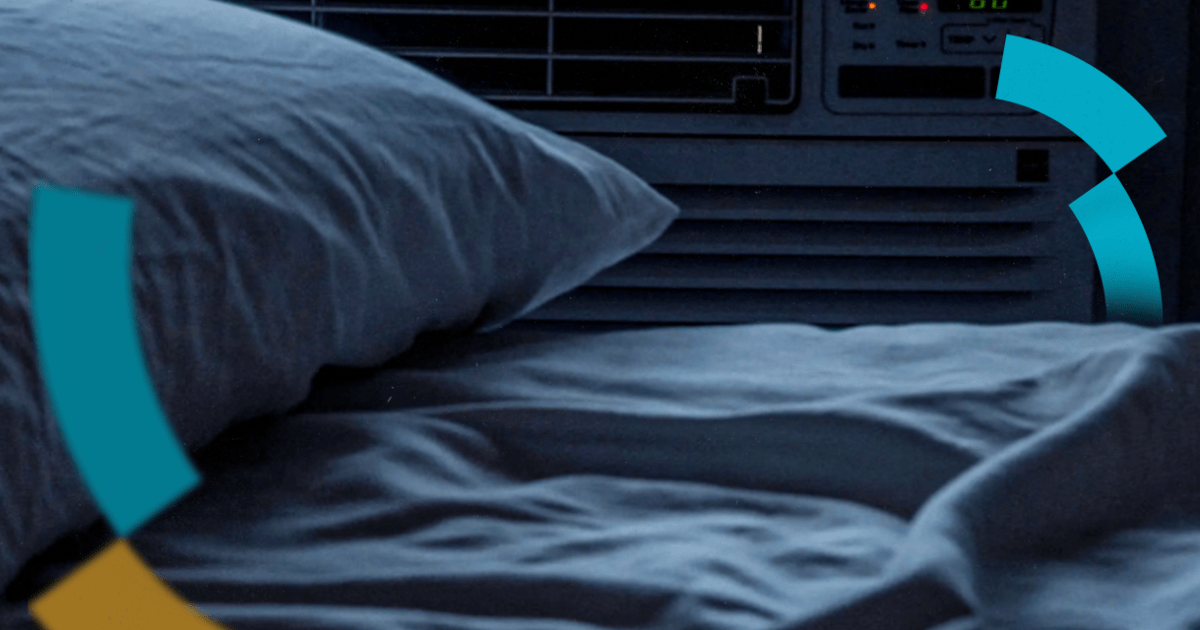One Night of Poor Sleep Can Cause Cognitive and Mood Disturbances, as well as Dysregulation of the Hormones Our Bodies Need During the Day. But Why Do We Stay Up Later in the Summer than Any Other Time? And What Does It Mean for Our Brains?
Let’s dive into the complex relationship between sleep, summer, and our brains. We’ll explore the science behind why we tend to stay up later during the summer months and the potential consequences for our cognitive function, mood, and overall health.
Why Do We Stay Up Later in the Summer?
There are several factors that contribute to our tendency to stay up later in the summer. These include:
* **Longer daylight hours:** During the summer months, the days are longer, which means we have more time to stay awake and active. This can disrupt our natural sleep-wake cycle, making it harder to fall asleep at our usual time.
* **Warmer temperatures:** The warmer temperatures in the summer can also make it more difficult to sleep. When our bodies are too warm, it can interfere with the production of melatonin, a hormone that helps us fall asleep.
* **Social activities:** The summer is often a time for social gatherings and outdoor activities. These activities can make it difficult to get enough sleep, especially if they involve alcohol or caffeine.
Consequences of Sleep Deprivation
Even one night of sleep deprivation can have a significant impact on our cognitive function, mood, and overall health. Some of the short-term consequences of sleep deprivation include:
- Impaired attention and concentration
- Reduced memory and learning
- Increased irritability and mood swings
- Slower reaction times
- Increased risk of accidents
Long-term sleep deprivation can have even more serious consequences, including an increased risk of chronic diseases such as heart disease, stroke, diabetes, and obesity.
Impact on Our Brains
Sleep deprivation also has a significant impact on our brains. Studies have shown that sleep deprivation can lead to:
- Reduced activity in the prefrontal cortex, a region of the brain responsible for executive function, including planning, decision-making, and impulse control
- Increased activity in the amygdala, a region of the brain responsible for fear and anxiety
- Dysregulation of the hypothalamic-pituitary-adrenal (HPA) axis, a system that helps us respond to stress
These changes in brain activity can lead to a number of cognitive and mood disturbances, including:
- Difficulty concentrating and making decisions
- Increased irritability and mood swings
- Anxiety and depression
- Difficulty controlling impulses
Tips for Getting Enough Sleep in the Summer
If you’re finding it difficult to get enough sleep in the summer, there are a few things you can do to improve your sleep habits:
- **Establish a regular sleep schedule** and stick to it as much as possible, even on weekends.
- **Create a relaxing bedtime routine** that helps you wind down before bed. This could include taking a warm bath, reading a book, or listening to calming music.
- **Make sure your bedroom is dark, quiet, and cool**. These conditions are ideal for sleep.
- **Avoid caffeine and alcohol before bed**. These substances can interfere with sleep.
- **Get regular exercise**, but avoid exercising too close to bedtime.
- **See a doctor if you’re having trouble sleeping**. There may be an underlying medical condition that is interfering with your sleep.
Getting enough sleep is essential for our physical and mental health. By following these tips, you can improve your sleep habits and enjoy the benefits of a good night’s sleep all year round.
